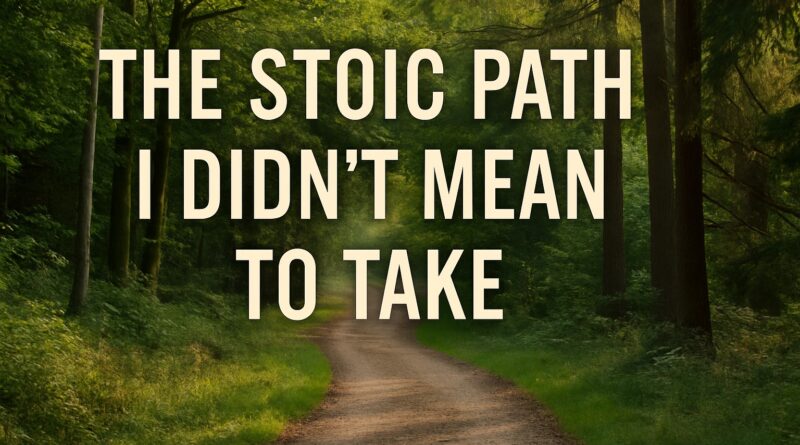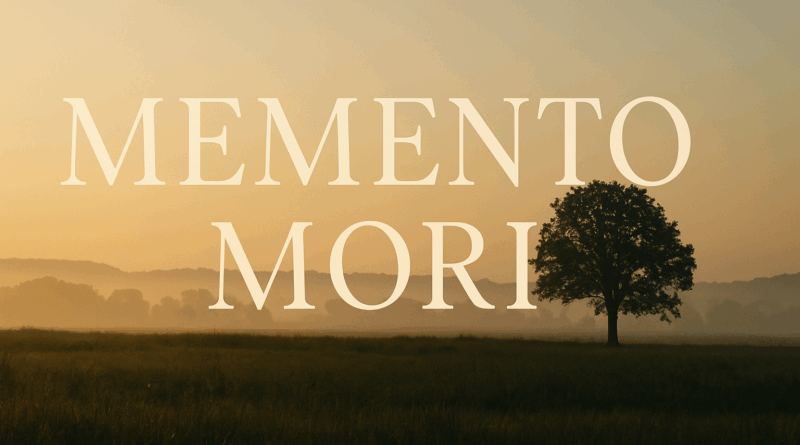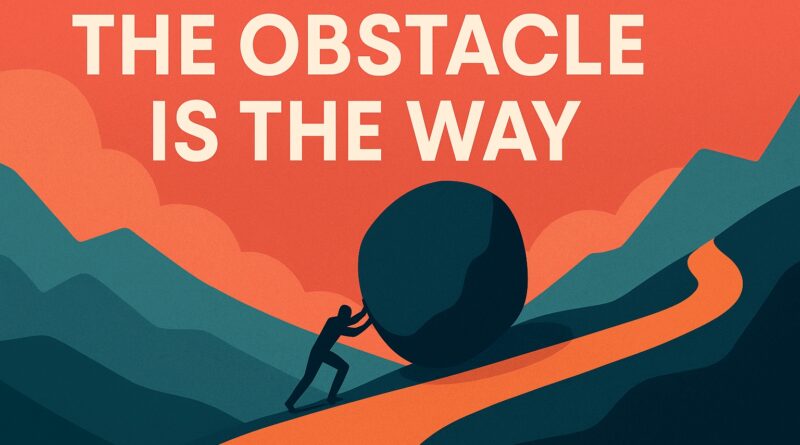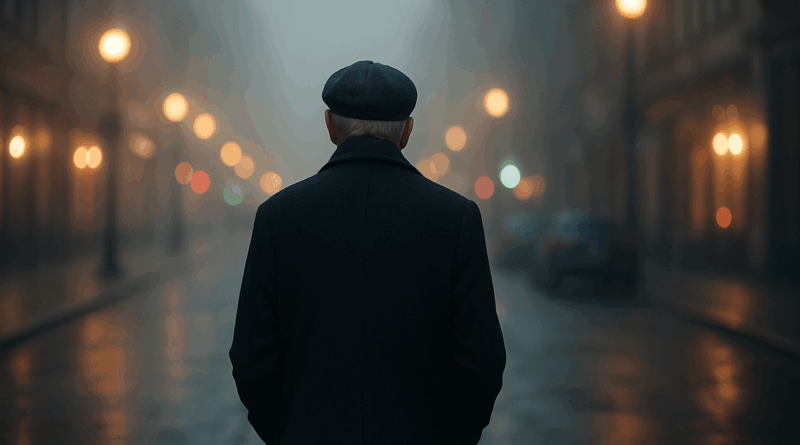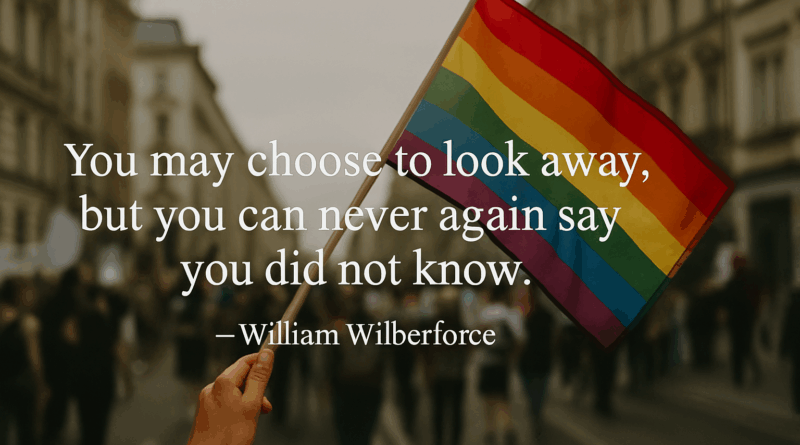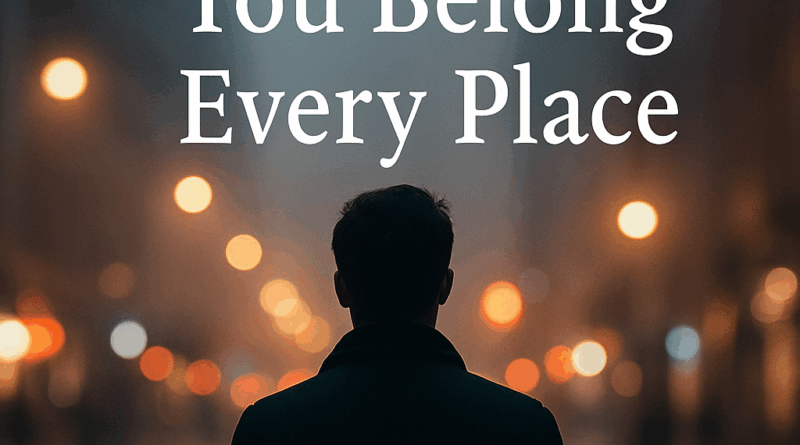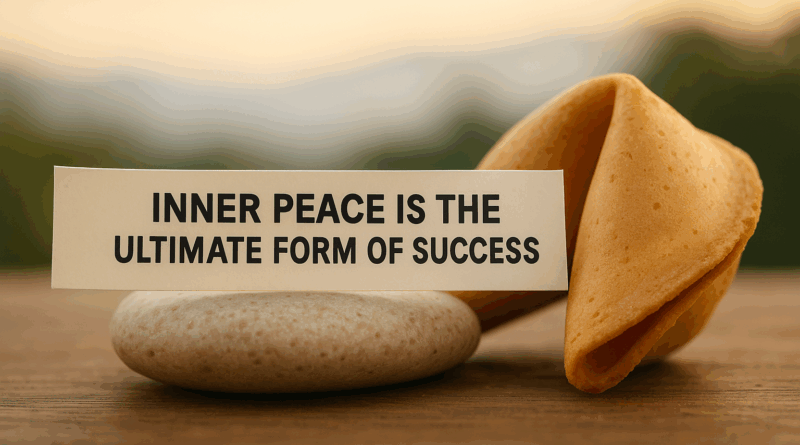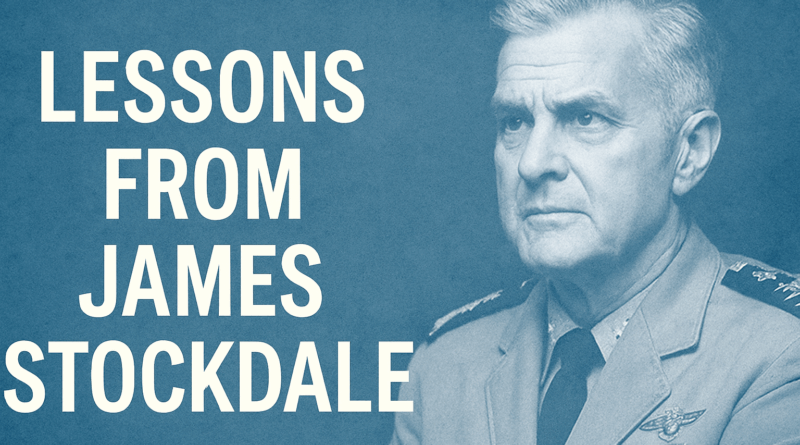The Stoic Path I Didn’t Mean to Take
I didn’t go looking for Stoicism. It showed up in fortune cookies, old sermons, Facebook posts, and a quiet reply from my pastor. This essay reflects on the strange, almost fated path that led me to Stoic thought, even before I had a name for it. From “My Creed” to Admiral Stockdale to John Lewis, these moments formed a pattern I couldn’t ignore. Maybe it’s true what Public TV personality Bob Ross said about “happy little accidents.” This was one of them.
Read more
